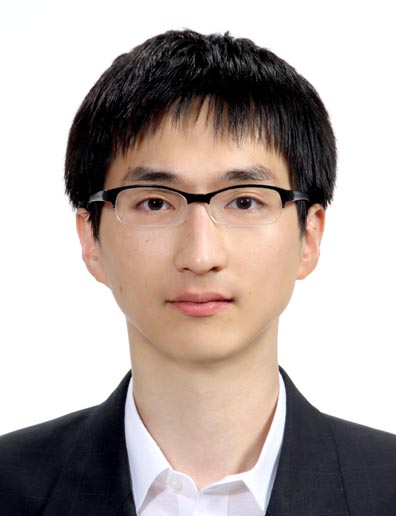New Innovation with CXL and Storage

Wonseb Jeong
Speaker's bio
Dr. Wonseb Jeong is a Staff Engineer at Memory Business Division, Samsung Electronics. He researches and develops the next-generation storage devices. His research interest especially lies in the storage devices effectively and efficiently used in cloud systems and heterogeneous computing systems. He is looking for innovative ways to develop and deploy Samsung's MS-SSD, a new SSD that allows to be addressed like memory to the host systems.
Schedule
Track : track5
Date: Day 2
Time: 14:50 ~ 15:20
Session detail
Samsung announced Memory-Semantic SSD (MS-SSD), a new cutting edge SSD that leverages Compute Express Link (CXL) specification, at Flash Memory Summit 2022. MS-SSD is a device that provides a memory-like interface based on CXL as a way to access NAND at the same time with the legacy block interface. When accessing small data of several tens of bytes with this new memory-like interface, the users experience improved effective bandwidth and latency and decreased read/write amplification to system memory compared to the block interface. TCO is also reduced by using MS-SSD as a memory to relieve the stress on the overall system memory (i.e., DRAM on DIMM) usage. The data intensive applications will gain greater benefits of MS-SSD. The CXL standard revision 3.0 has recently been released. Many interesting features have been added to efficiently use system resources such as memory and computing devices in heterogeneous computing systems. In this presentation, I present the features added to MS-SSD to utilize the memory model newly introduced in CXL 3.0 and my thoughts on how MS-SSD will play a role in the ear of future computing systems.
